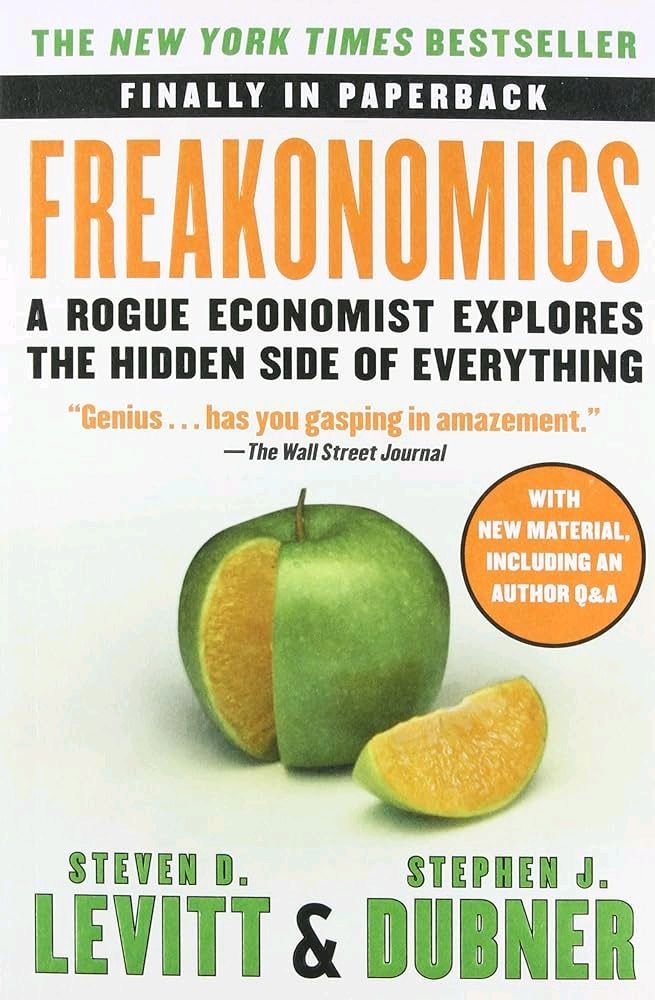Audio available in app
People respond to incentives from "summary" of Freakonomics by Steven D. Levitt
The idea that people respond to incentives is a fundamental concept in economics. It is the notion that individuals make decisions based on the incentives they face, whether those incentives are monetary, social, or psychological. Incentives can take many forms, from financial rewards to social approval or even personal satisfaction. One example of how people respond to incentives is in the realm of crime. Levitt discusses how crime rates can be influenced by changes in incentives. For instance, if the punishment for a particular crime is increased, individuals may be less likely to engage in that criminal behavior due to the higher costs associated with getting caught. On the other hand, if the potential rewards for committing a crime are high, individuals may be more inclined to take that risk. Another example Levitt gives is in the field of education. He explains how students may be motivated to perform better in school if they are given incentives such as good grades, praise from teachers, or even tangible rewards like stickers or prizes. Conversely, if there are no incentives for students to excel academically, they may be less likely to put in the effort required to succeed. The concept of people responding to incentives can be seen in various aspects of life, from business decisions to public policy to personal choices. By understanding how individuals are influenced by incentives, economists can better predict and analyze human behavior. This concept underscores the idea that incentives matter in shaping the decisions we make and the actions we take. It highlights the importance of considering the incentives at play when trying to understand why people behave the way they do.Similar Posts

Capital accumulation is essential for economic growth
In order for an economy to grow and prosper, it is imperative that capital accumulation takes place. Capital accumulation refer...
Economic models simplify realworld complexities
Economic models are essential tools that economists use to analyze and understand the complexities of the real world. These mod...
The Phillips curve shows the tradeoff between inflation and unemployment
The Phillips curve is a fundamental concept in economics that illustrates the relationship between inflation and unemployment. ...
Focus on the perceived value, not the actual value
In business and marketing, we often fixate on the actual value of a product or service. We meticulously calculate costs, analyz...
Environmental factors can impact our decisionmaking
Environmental factors, such as noise levels, lighting, and temperature, play a crucial role in influencing our decision-making ...

Break problems into smaller parts
When faced with a complex problem, it can be tempting to try to tackle it all at once. However, this approach often leads to fe...
Intimacy: building connections with others
Intimacy is about more than just physical closeness; it's about building connections with others on a deeper level. It involves...

Consistency is persuasive
Consistency is a powerful tool in the art of persuasion. When we are consistent in our words and actions, we appear more trustw...

Researching the root causes of behavior can lead to new insights
In the quest to understand human behavior, it is crucial to dig deep and uncover the root causes that drive certain actions and...
